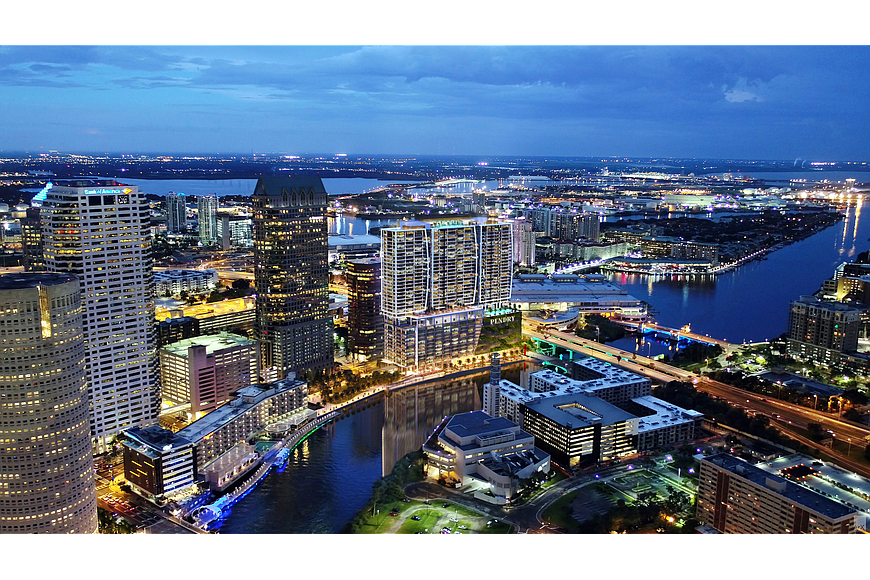- March 4, 2026
-
-
Loading

Loading

Luxury hotelier Pendry Hotels & Resorts is building a 37-story luxury tower on the Hillsborough River with Miami-based developers Two Roads Development.